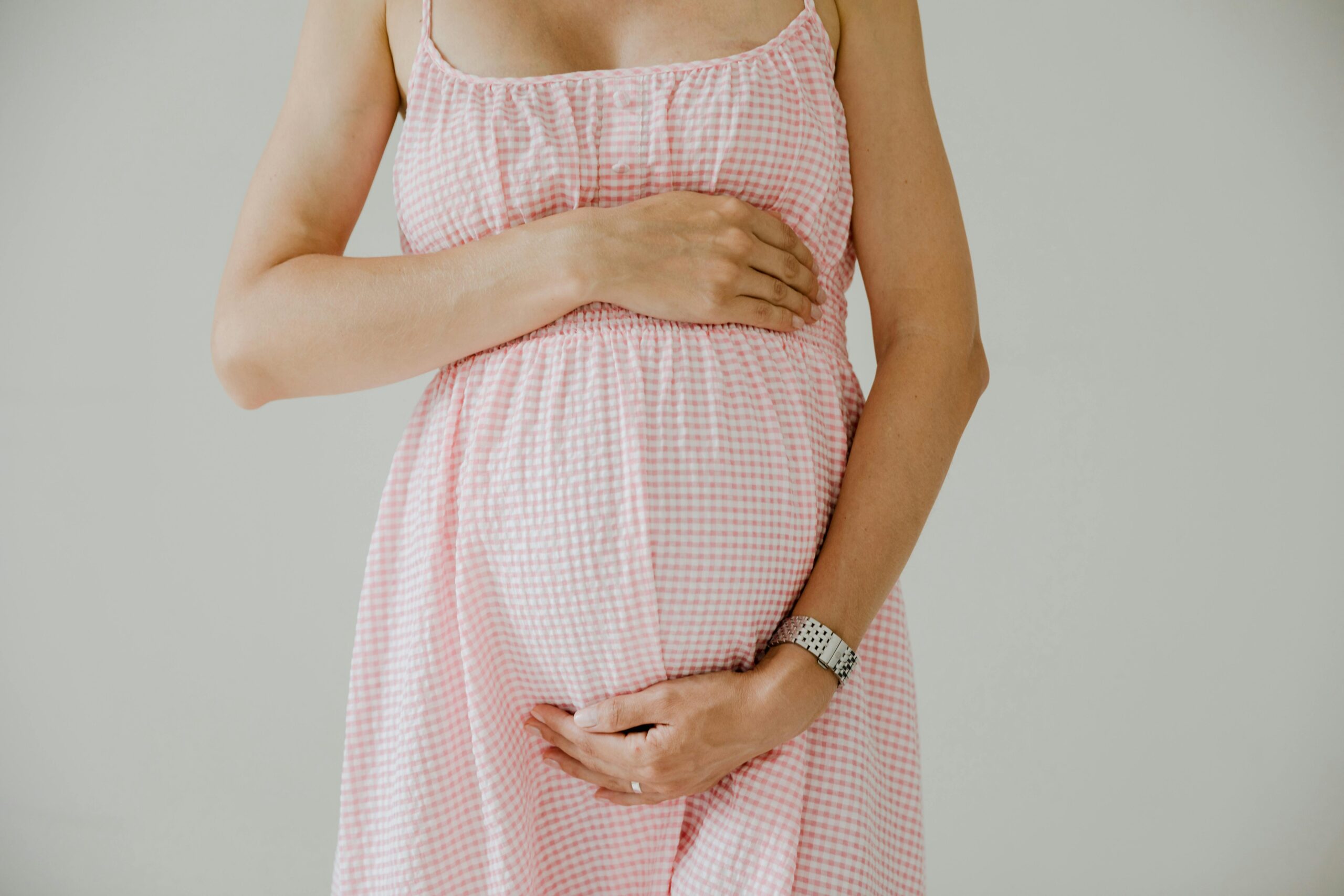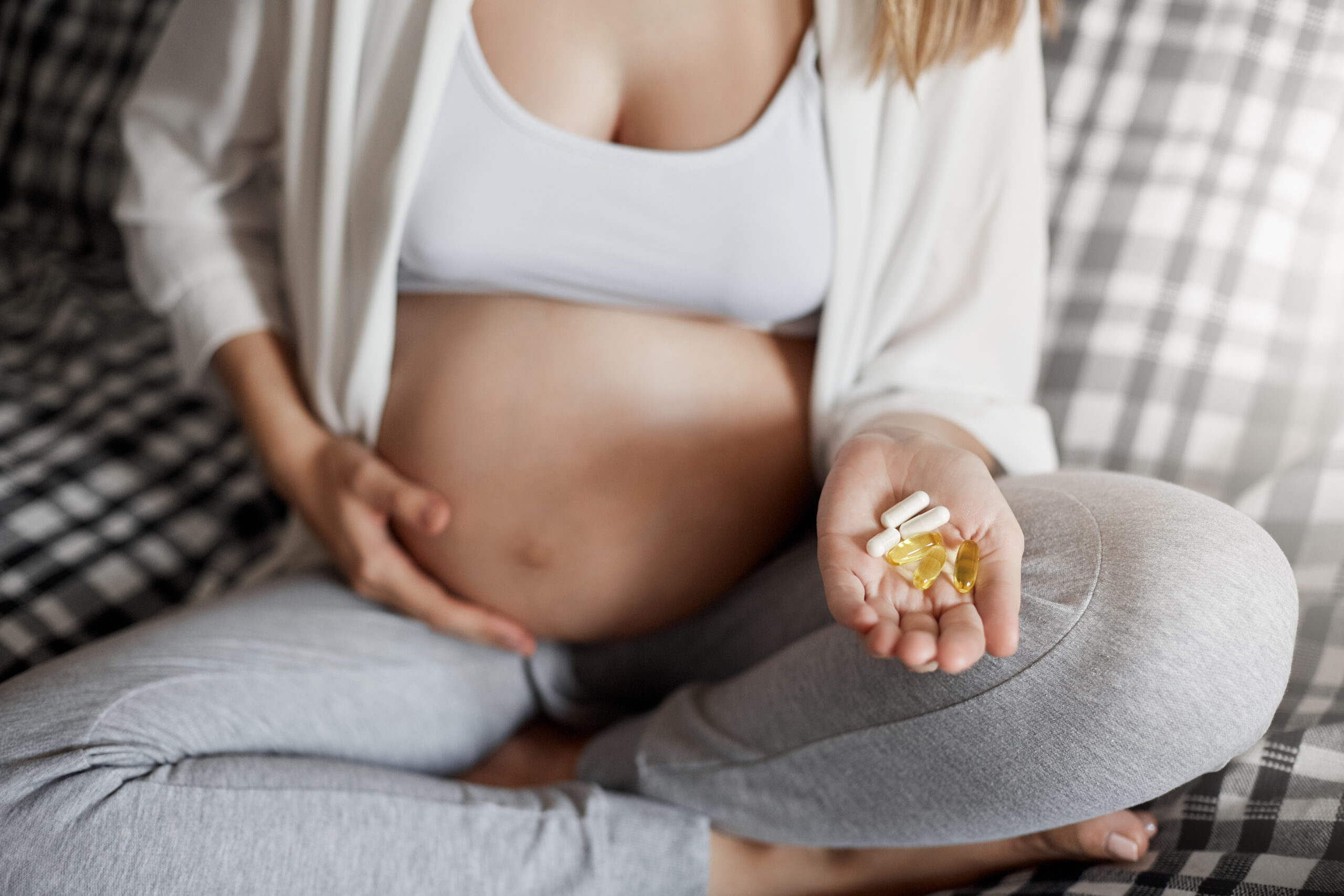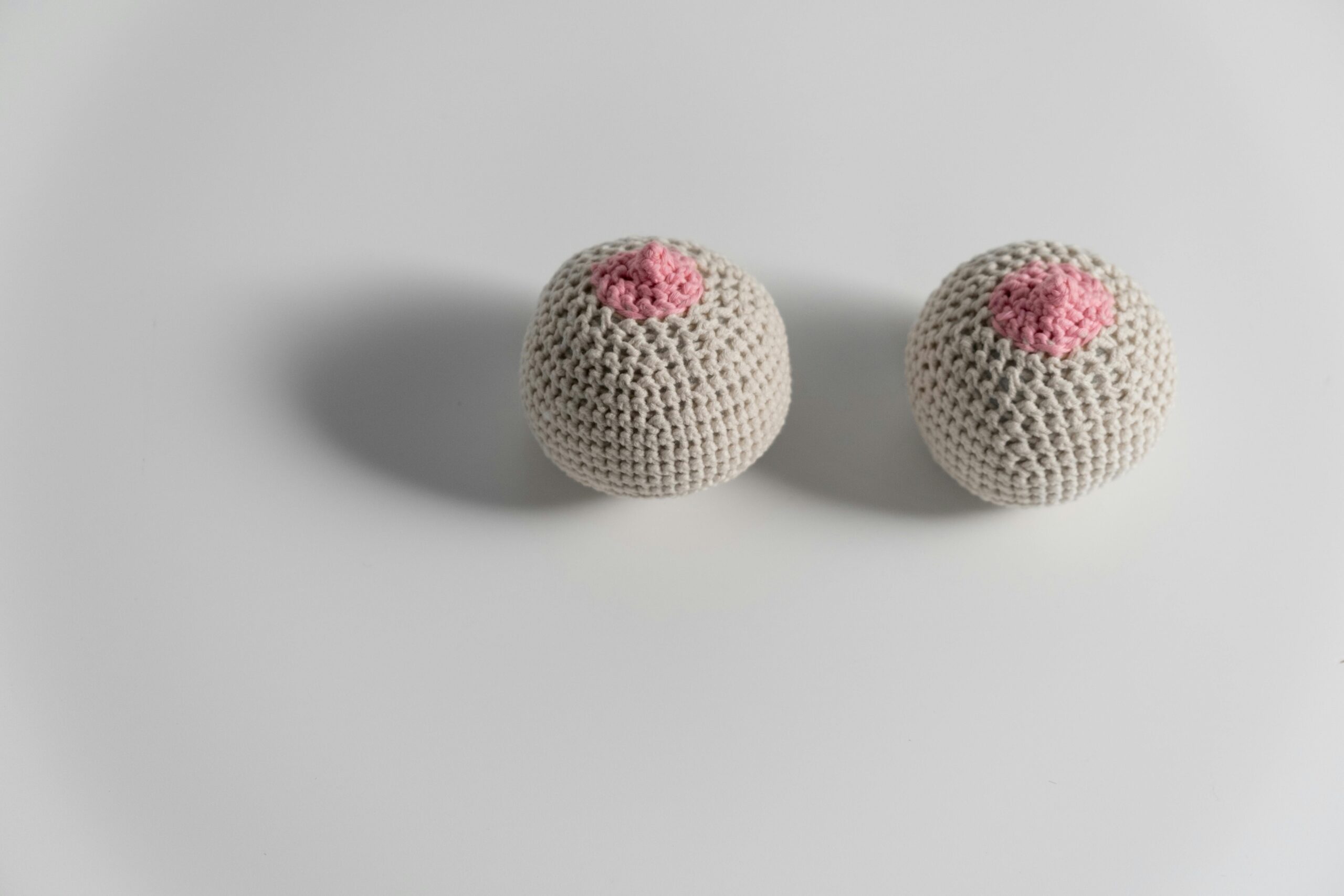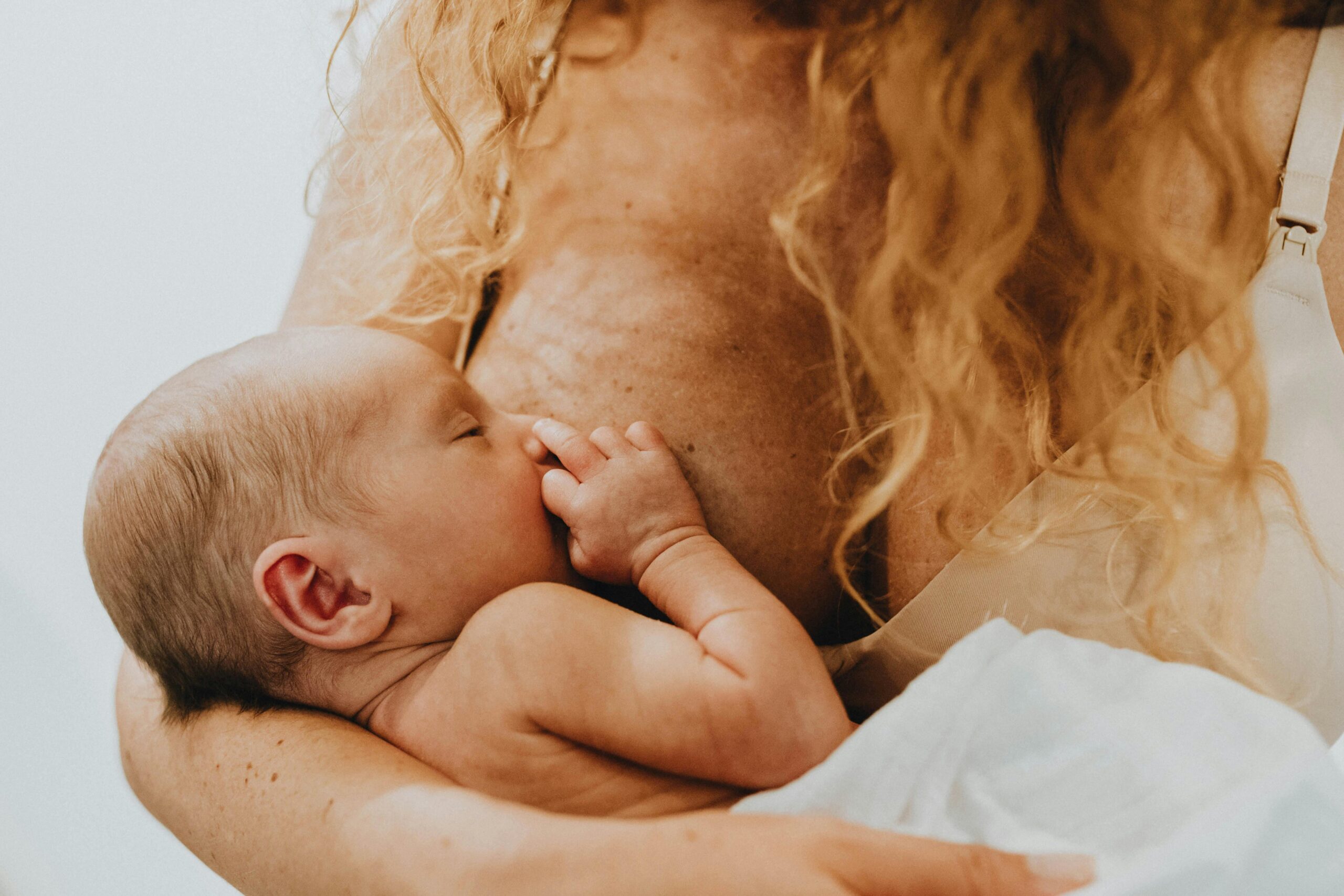
When to Start Contraception After Pregnancy: A Complete Guide for New Mums

Disclaimer: Support for the development of this article was provided by Exeltis UK. Exeltis had no input into the content and only checked for accuracy.
In this article
What's the lowdown?
Contraception after childbirth is important to help space out pregnancies
You can get pregnant again just 21 days after delivery
Progestogen-only methods of contraception can be started immediately after birth
Combined hormonal contraception may be started at either 3 or 6 weeks after delivery depending on your circumstances
Your choice of contraceptive after pregnancy should be easily accessible and may even be provided before you leave hospital
Why contraception after pregnancy matters
Raising a child is hard. Alongside the cute smiles and baby cuddles there will also be tough times, tears and sleepless nights. Many people simply aren’t ready to have another baby until their first child is older, and there are benefits to a gap between pregnancies. Using contraception after childbirth can help you plan and have control over your next pregnancy.
How soon can you get pregnant after giving birth?
You can get pregnant as early as 21 days after giving birth. In fact, you can get pregnant even before your first period returns. This is because you can release an egg (ovulate) 3 weeks after giving birth. If the first egg you release is fertilised by sperm, you will be pregnant even before a period!
For some women who breastfeed, ovulation can be delayed due to the hormones released when breastfeeding. However, some women will start to ovulate and have periods soon after birth even if they breastfeed, while other women may not restart their periods for 12 months or longer if they continue to breastfeed.
Is it safe to have sex after pregnancy without birth control?
If you have unprotected sex without a condom 21 days after pregnancy, you have a chance of getting pregnant. If you want to avoid getting pregnant, it is best to start using contraception or birth control as soon as possible after delivery, and especially from 21 days after delivery onwards1.
It is safe to have sex after pregnancy whenever you feel ready to. Sex after childbirth can be uncomfortable to start off with, especially if you had any tears or stitches in your perineum (the area between your vulva and back passage) from birth injury2. Take your time, and don’t have penetrative sex until you feel comfortable and ready. If sex is painful, speak to your GP.
What are the risks of getting pregnant too soon after having a baby?
The World Health Organization advises to leave a two year gap between each pregnancy3. In the UK, guidelines advise to wait at least 12 months after childbirth before trying to get pregnant again. This is because research has shown there is a higher risk of preterm birth, low birth weight, preterm labour and sadly, stillbirth and infant death if you get pregnant within 12 months of childbirth4,5.
If you have had a caesarean section delivery, you are also advised to wait at least 12 months before trying to get pregnant again. This allows enough time for your womb to fully heal and reduces the risk of the scar in your womb rupturing during your next pregnancy, labour and delivery.
We know couples want to enjoy a sex life again, even with small children. Effective contraception can help you enjoy intimacy while still keeping the 12 month gap guidance in mind.
When can you start using contraception postpartum?
When can I start birth control after birth?
There are different rules for each method of contraception. Everyone should have a discussion with a midwife after delivery, or a healthcare professional like their GP at their 6 to 8 week postnatal check, about the contraceptive method that is best for them.
If the combined pill, patch or ring are considered safe for you to use, they can be started 21 days after birth if you are NOT breastfeeding and have NO additional risk factors for blood clots. The additional risk factors for blood clots include6:
- BMI over 30
- Smoking
- C-section delivery
- Pre-eclampsia
- Postpartum haemorrhage (large bleed)
- Immobility
- Blood transfusion at the time of delivery
If you are breastfeeding and/or have additional risk factors for blood clots, you should wait until 6 weeks after birth to start combined hormonal contraception. You may wish to use another method or condoms between 21 days and 6 weeks – as remember, you can still get pregnant from 21 days after birth!
The progestogen only pill, injection or implant can be started immediately after delivery.
If you start your method of contraception within 21 days of childbirth, it will work to prevent pregnancy immediately. If you start to use your method after 21 days, you will need to use extra precautions such as condoms or avoiding sex for 2-9 days depending on your contraceptive6.
Condoms can be used immediately after delivery.
Diaphragms should not be used until 6 weeks after delivery when the womb has returned to its usual size7. After delivery, you might need a different size of diaphragm due to the changes in the size and shape of your womb and neck of the womb (cervix) during pregnancy and delivery. It is advised that you have your size rechecked 6 weeks after delivery before starting to use it again.
Sterilisation can be done at the same time as an elective c-section. This should be discussed and consented for at least 2 weeks before the planned delivery date.
Can I get an IUD right after giving birth?
The copper and hormonal intrauterine devices (also known as IUDs or coils) can be inserted into your womb straight away after the placenta has been delivered, or within 48 hours. However, this is very much dependent on whether this can be offered at the hospital where you give birth. If this is not possible within 48 hours, you have to wait for 4 weeks after delivery to have a coil inserted6.
Does the type of birth (vaginal vs c-section) affect when I can start contraception?
You can start progestogen-only contraceptives including the progestogen-only pill, injection or implant immediately after either a vaginal birth or c-section. A coil can be inserted within 48 hours of vaginal or c-section delivery or even put in at the same time as a c-section!6
Combined hormonal contraception (the combined pill, patch or ring) cannot be started until 6 weeks after a c-section, but may be started 3 weeks after a vaginal delivery as long as you do not have one or more of the risk factors for blood clots listed above6.
Does breastfeeding affect when I can start contraception?
Breastfeeding mothers can use progestogen-only contraceptives straight away after delivery and they do not appear to affect milk supply8,9.
Combined hormonal contraception should be started after 6 weeks postpartum to allow milk supply to be established. There isn’t a large amount of research evidence into combined hormonal contraception and breastfeeding10. The good quality research evidence shows that after 6 weeks postpartum, combined contraception does not affect how long a mother breastfeeds for, or the growth or development of their baby11.
Best contraceptive options after pregnancy
What birth control is safe while breastfeeding?
All methods of contraception or birth control have research to show they are considered safe while breastfeeding for both the mother and baby.
There is a small increased risk of a perforation (small hole or damage) of the womb if a coil is inserted when you are breastfeeding12. The risk of this is still very small. Your healthcare professional should discuss this with you before your coil fitting.
What’s the best contraception after pregnancy?
There is no best contraception after pregnancy. The choice of contraception after pregnancy is individual based on your medical history and preferences. What works for one person, may not suit another. However, discussing your options with a healthcare professional can help find the best one for you.
Talking to your doctor about postpartum contraception
What should I ask my GP about birth control after pregnancy?
Your doctor or nurse is there to support you in making the right choice of contraceptive. You should discuss your preferences – for example, would you like something you take every day, or would you like a “fit and forget” method. Remember that life may be very different and more chaotic with a newborn baby.
Ask about the effectiveness of each method – have you completed your family and another pregnancy would be difficult, or would you like to have another pregnancy in the near future?
You may also want to consider your future fertility. Methods such as vasectomy and sterilisation are permanent (vasectomies cannot easily be reversed), and the injection can delay the return of your fertility by up to 12 months after you stop using it.
Finally, you need to consider your medical history and which methods are safe for you to use. Pregnancy can affect your body and overall health. If you have had pregnancy related medical problems (such as high blood pressure, gestational diabetes or cholestasis of pregnancy) these should be monitored and discussed with your healthcare professional to make sure they have resolved, as ongoing problems may affect your contraceptive choice6.
Be open with your doctor, they are there to help you make the best choice for you!
Can I get contraception before leaving the hospital?
Ideally yes! According to guidelines, your contraception wishes for after birth should ideally be discussed during pregnancy6 so they can be started within 21 days after delivery. A survey showed that 43% of women would choose to have an implant, injection or coil if they were immediately available after delivery13. Unfortunately, this isn’t always available due to staffing or timing issues. But you should always ask.
A prescription for the combined or progestogen-only pill, patch or ring can be provided by the hospital before you leave if you ask for it. Trained midwives may be available to fit implants, coils or give injections if you ask on the ward or labour suite. These conversations are often easier if you have thought about the method you wish to use while you are still pregnant.
How do I choose the right method for me?
To choose the right method, you need to consider your medical history and preferences. A good place to start is our contraceptive recommender which includes advice for new and breastfeeding mums. If you are unsure, your midwife or GP can help and contraception should always be discussed at your postpartum check up. If you have any further questions, The Lowdown is here to help!
Our medical review process
This article has been medically reviewed for factual and up to date information by a Lowdown doctor.






